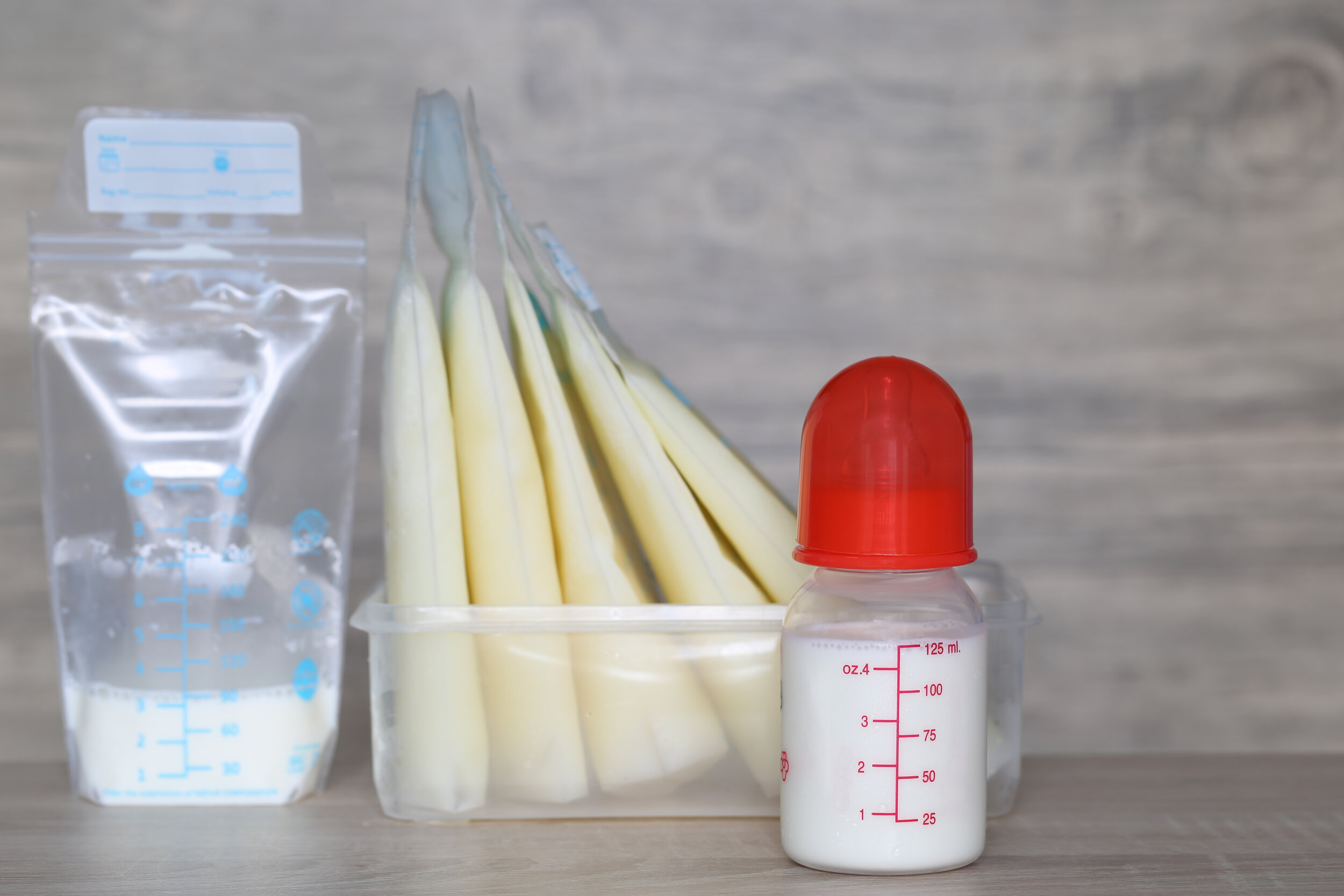Recent Articles

Can a Woman Get Pregnant While Breastfeeding?
Breastfeeding affects fertility and provides a fairly robust form of temporary natural contraceptive. Only 1 or 2 out of 100 women who exclusively breastfed in the first 6 months got pregnant following childbirth. Research has found that even for non-lactating women, ovulation will only occur at around 6 weeks after birth.

Can I Consume Caffeine While Breastfeeding?
The good news is that it is safe to consume caffeine while breastfeeding. Read on to find out how much caffeine you can ingest per day.

Covid Vaccine and Breastfeeding
The Society for Maternal-Fetal Medicine has recommended that healthcare workers who are pregnant or breastfeeding who are at high risk of contracting COVID-19 receive the vaccine. Although there is limited evidence to date to show whether this occurs in the case of COVID-19, antibody studies on other respiratory diseases have found that infant protection is likely.

COVID-19 and Its Effect on Breastfeeding
Mothers are being discharged earlier from maternity wards, hospital guests are restricted from visiting, there has been a decrease in access to lactation support services, and an increase in the use of milk substitutes for newborn babies. Earlier discharge also means that mothers are more likely to experience breastfeeding issues at home.

How long can you safely store breastmilk?
Freshly expressed breastmilk can be stored at room temperature for 4 hours, stored in the fridge for up to 4 to 6 days, and in the freezer for 12 months.

What causes low milk supply?
It has long been thought that after birth, a mother’s milk supply is solely dependent on the amount the infant drinks - a ‘supply and demand’ process. However, there are also an array of maternal factors that lead to a decreased milk supply. These include genetics and factors such as diet and environmental influences. (3 min read)

Do Galactagogues Really Increase Breast Milk Supply?
Low milk supply is a serious stressor for moms. Domperidone is one of the most researched and prescribed galactagogues for increasing breast milk supply. But is it more effective than other options?

COVID-19 and its effects on breastmilk
COVID-19 positive mothers rarely infect their newborn babies with the virus, and if they do, babies are seldom symptomatic. Mothers with COVID-19 who breastfeed their babies transmit beneficial antibodies that serve to protect the baby from the virus. (3 min read)

Are Maternal Obesity and Childhood Obesity Related?
A recent study found evidence that maternal obesity and childhood obesity are related. A higher concentration of fat and lactose in breast milk can have an impact on the baby’s weight and metabolic development. (3 min read)

Does What a Mother Eats Transmit to Baby's Milk?
It has long been thought that what a mother consumes passes straight to the baby through her breastmilk. In line with this thinking is the belief that certain foods have the ability to create digestive issues in the baby. Spicy foods, cabbage, cold foods, coffee, and dairy products are all considered lactation no-gos. (3 min read)

What is a Tongue-tie and How Do You Treat It?
This frenulum, a simple string holding your tongue in your mouth, has many variations. In some little ones it’s very thick, not as elastic, or attached very close to the tip of the tongue. This is known as a tongue-tie. A tongue-tie restricts the way the tongue can move and function. (3 min read)

Lipid Intake Shouldn’t be Overlooked
Experts are still trying to understand the quantity of fat breast milk provides to your baby. Lipids are fat and are an essential part of a baby’s nutritional needs. (3 min read)

What Is Cluster Feeding And Why You Should Do It
Cluster feeding is when newborns start eating in clusters, short and frequent intervals spread over some time. (3 min read)

